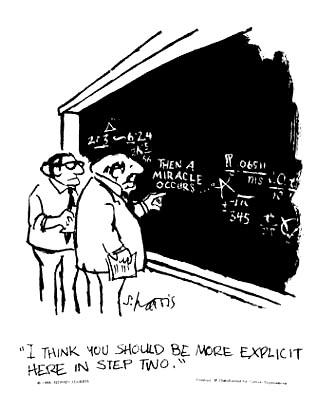
by
Abstract:
In modern physics, the fundamental laws of nature are expressed in continuous systems of partial differential equations. Yet the words and concepts that people use in talking and reasoning about cause and effect are expressed in discrete terms that have no direct relationship to the theories of physics. As a result, there is a sharp break between the way that physicists characterize the world and the way that people usually talk about it. Yet all concepts and theories of causality, even those of modern physics, are only approximations to the still incompletely known principles of causation that govern the universe. For certain applications, the theories proposed by philosophers, physicists, and engineers may be useful approximations. Even "commonsense" theories that have never been formalized can be adequate guides for people to carry on their daily lives. To accommodate the full range of possible theories, whether formal or informal, scientific or rule of thumb, this paper proposes a continuum of law-governed processes, which bridge the gap between a totally random chaos and a totally predictable determinism. Various theories of causality can be interpreted according to the kinds of laws they assume and the tightness of the constraints they impose.
Contents:
1. Thinking and Reasoning about Causality
2. Continuous Processes
3. Discrete Processes
4. Procedures and Process Types
5. Reasoning about Causality
6. Lattice of Theories
7. Efficient Cause, Final Cause, and Chance
References
(Si te interesó este abstract y necesitas seguir leyendo...dale al link ahora mismo!)




No hay comentarios:
Publicar un comentario